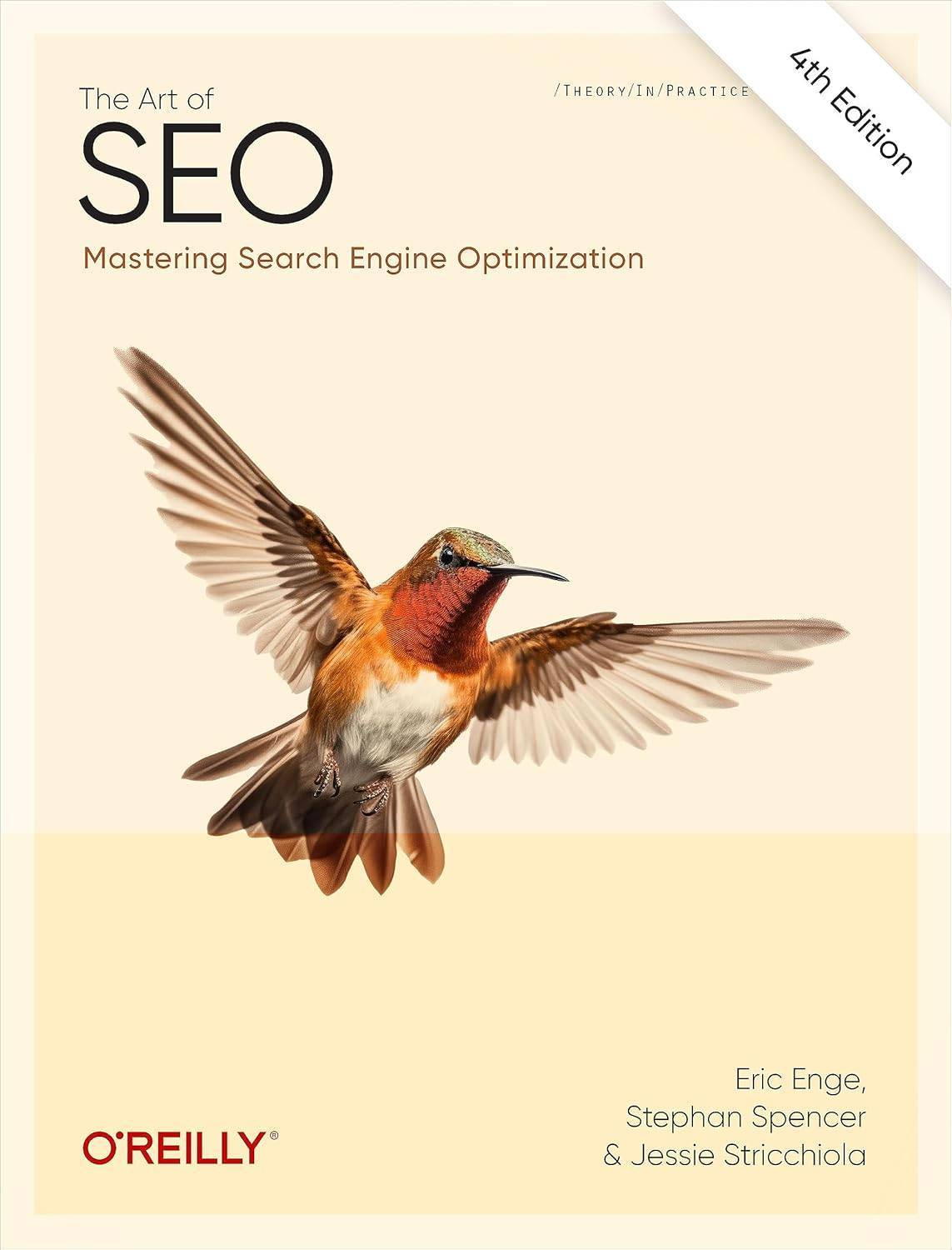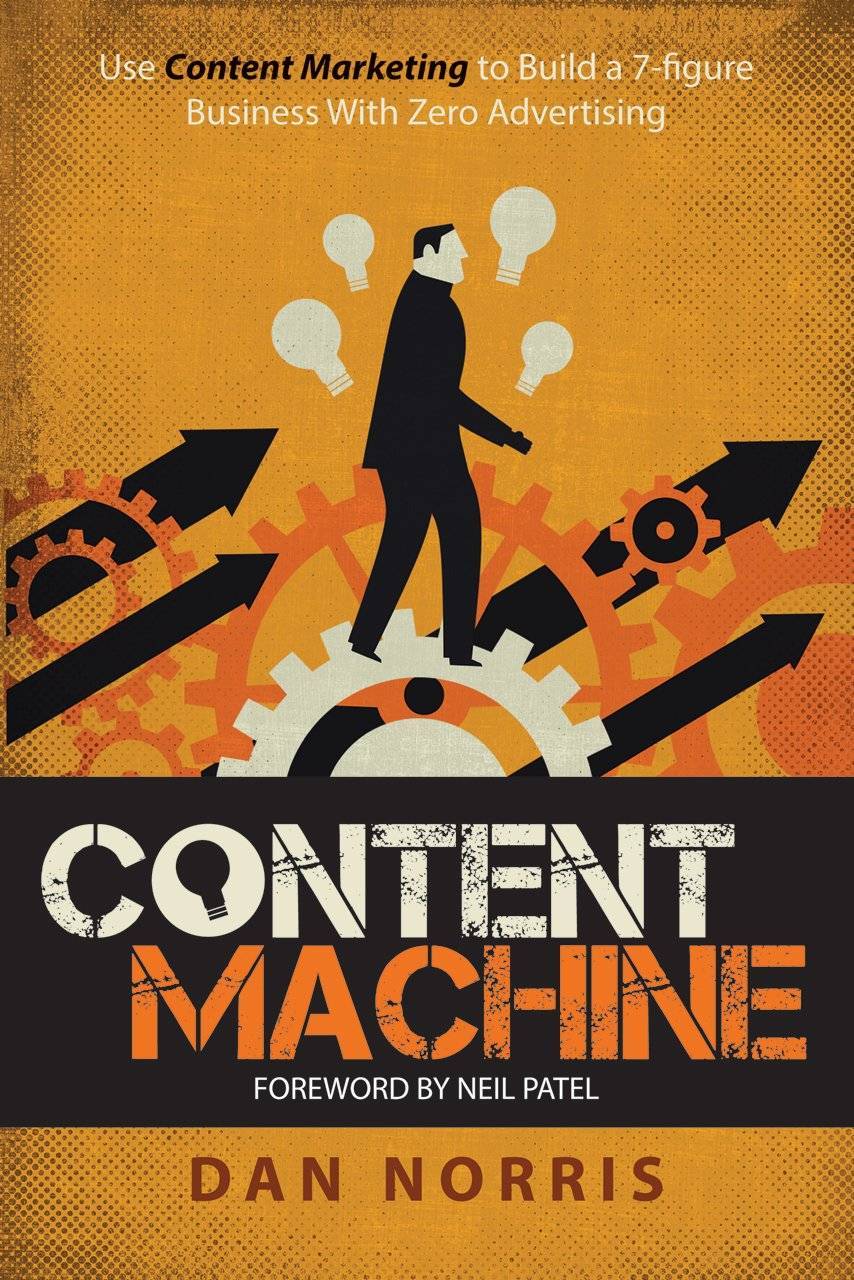The Complete Guide to Guest Posting for SEO Success
Learn how to create a sustainable guest posting strategy that builds quality backlinks and drives real traffic to your site.
Last updated: July 27, 2025

Guest Posting Strategy: How to Build Quality Backlinks in 2025
TL;DR
Guest posting remains one of the most effective link building strategies, but the landscape has changed dramatically. Success in 2025 requires a targeted approach: research relevant sites with real traffic, create genuinely valuable content, and focus on building relationships rather than just getting links. The key is quality over quantity, with each guest post serving both your audience and the host site's readers.
Recommended Reading
What is Guest Posting and Why It Matters
Guest posting is the practice of writing and publishing content on someone else's website or blog. You create valuable content for their audience, and in return, you typically get a backlink to your own site and exposure to their readership. It's essentially a content collaboration that benefits both parties when done correctly.
Why Guest Posting is Important for SEO
Guest posting serves multiple purposes in your SEO strategy:
- Building backlinks: Quality backlinks from relevant sites signal authority to search engines
- Expanding reach: You get exposure to new audiences that might not know about your brand
- Establishing authority: Publishing on respected sites positions you as an industry expert
- Driving referral traffic: Direct visitors from guest posts can convert into customers
- Building relationships: Connections with other publishers can lead to more opportunities
The Evolution of Guest Posting
Guest posting has evolved significantly since the early days of SEO. While Google has cracked down on low-quality guest posting networks, strategic guest posting remains one of the most effective ways to build authority and drive targeted traffic. The difference now is that you need to focus on genuine value rather than just link building.
I've seen sites gain hundreds of qualified leads from a single well-placed guest post, while others waste months on low-quality sites that provide no real benefit. The key is understanding that guest posting is about building relationships and providing value, not just acquiring backlinks.
According to Google's guidelines, guest posting should provide genuine value to users, not just serve as a link building tactic. This means focusing on quality content that serves the host site's audience.
Finding the Right Sites to Target
Start by identifying sites that your target audience actually visits. Look for blogs and publications that rank for keywords related to your business, but don't just focus on domain authority. Consider factors like:
- Relevance to your audience: Does the site's readership overlap with your target market?
- Engagement levels: Do posts get comments, shares, and real discussion?
- Content quality: Is the existing content well-researched and valuable?
- Traffic patterns: Use tools like SimilarWeb to check if the site gets real, targeted traffic
Avoid sites that publish obvious guest post spam or have no engagement on their content. These sites won't help your SEO and could potentially hurt your reputation.
Crafting Pitches That Get Accepted
Your outreach email is your first impression, and most editors receive dozens of pitches daily. Stand out by:
- Personalizing every pitch: Mention specific articles you've read on their site
- Providing clear value: Explain exactly what your post will offer their readers
- Including writing samples: Link to your best published work
- Being concise: Keep pitches under 150 words and get to the point quickly
I've found that pitches that focus on the benefit to the host site's audience are much more successful than those that emphasize what you want to gain. Editors care about their readers, not your SEO goals.
Creating Content That Performs
Once you get accepted, your content needs to deliver real value. Focus on:
- Original research or insights: Share data, case studies, or unique perspectives
- Actionable advice: Give readers specific steps they can take
- Engaging storytelling: Use examples and stories to illustrate your points
- Proper formatting: Use subheadings, bullet points, and images to improve readability
Remember that your guest post should fit naturally with the host site's style and audience expectations. Don't try to force your brand voice if it doesn't match the publication's tone.
Building Long-term Relationships
The most successful guest posters don't stop after one post. They build ongoing relationships with editors and publications. This means:
- Following up appropriately: Thank editors after publication and share the post
- Offering to contribute again: Suggest future topics that would benefit their audience
- Supporting their content: Share and engage with their other posts
- Providing value beyond writing: Offer to help with other projects or introductions
These relationships often lead to more opportunities, including speaking engagements, podcast appearances, and collaborative projects that provide even more valuable backlinks.
Measuring Success Beyond Just Links
While backlinks are important, they're not the only metric that matters. Track:
- Referral traffic: How many visitors come from your guest posts?
- Lead generation: Are these visitors converting into customers or subscribers?
- Brand awareness: Are people searching for your brand after reading your posts?
- Relationship building: Are you developing connections with industry influencers?
A guest post that generates 50 qualified leads is often more valuable than one that only provides a backlink from a high-authority site.
Use Google Analytics to track referral traffic and Google Search Console to monitor how your brand searches change over time.
Common Mistakes to Avoid
Many guest posting campaigns fail because of these avoidable errors:
- Targeting the wrong sites: Don't just chase high domain authority. Relevance matters more
- Generic pitches: Templates are obvious and get deleted immediately
- Poor content quality: Rushed or thin content damages your reputation
- Ignoring guidelines: Each site has specific requirements. Follow them exactly
- Not following up: Many opportunities are lost because people don't respond to follow-up emails
Tools That Make Guest Posting Easier
- Ahrefs: Research site metrics and find guest posting opportunities
- Hunter.io: Find email addresses for outreach
- BuzzSumo: Identify trending topics and popular content
- Grammarly: Ensure your pitches and content are error-free
- Trello: Organize your guest posting campaigns and track progress
When to Consider Professional Help
If you're struggling with guest posting, consider hiring help when:
- You need to scale quickly: Professional outreach can generate more opportunities
- Your content needs improvement: Writers can help craft better guest posts
- You lack industry connections: Agencies often have established relationships
- Time is limited: Outsourcing outreach and content creation can save hours
However, remember that the best guest posting relationships are built on genuine connections and value, not just paid services.
Final Thoughts
Guest posting in 2025 is about quality, relevance, and relationships. Focus on finding the right opportunities, creating genuinely valuable content, and building long-term connections. The backlinks will follow naturally when you prioritize serving your audience and the host site's readers.
The most successful guest posting strategies I've seen combine consistent outreach with exceptional content quality. Start small, focus on a few high-quality opportunities, and gradually expand your network. Remember that every guest post is an opportunity to build your brand and establish yourself as an authority in your field.
For more advanced link building strategies, check out our guides on link building strategies and getting found online.



